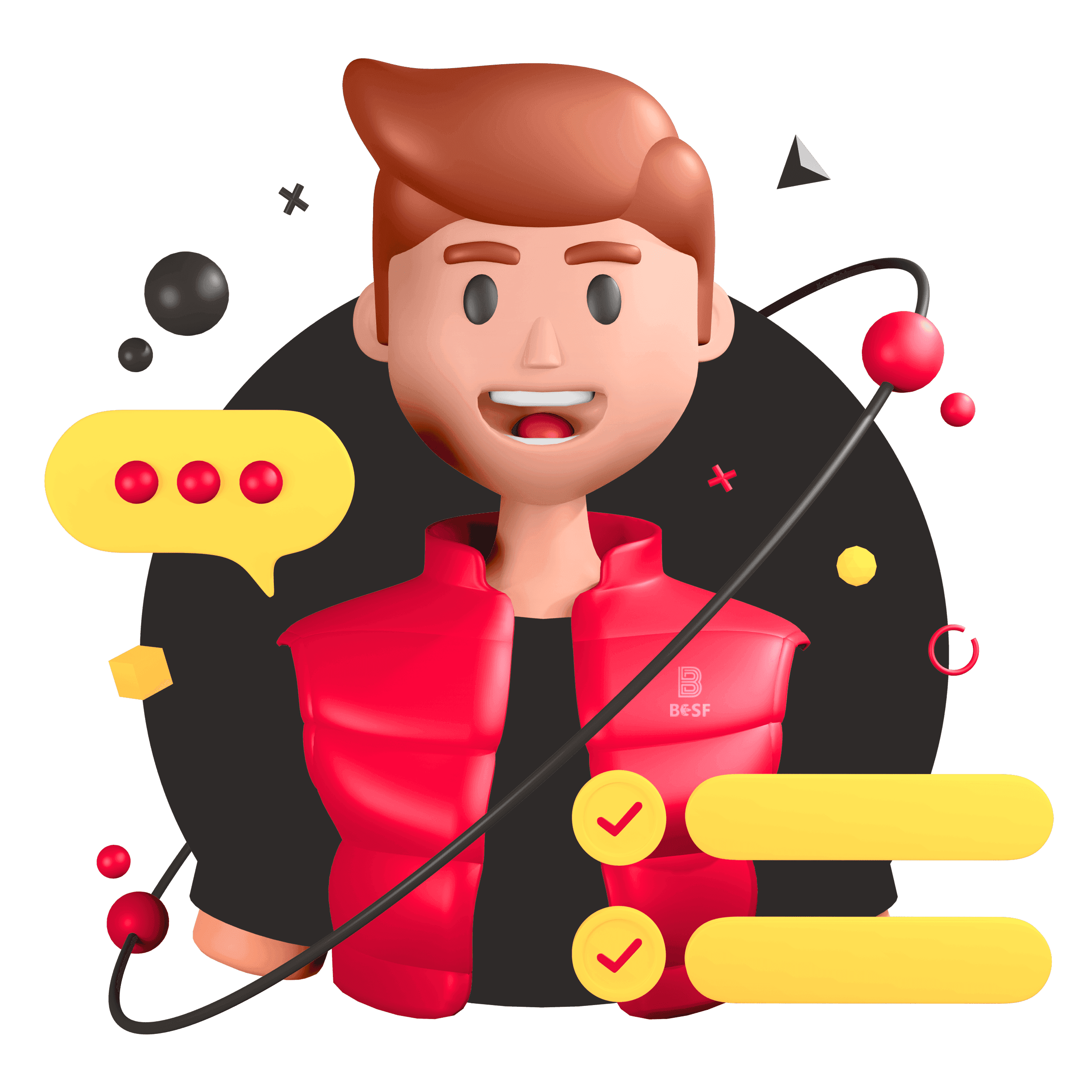
Unlocking the Power of Esports and VR in HR & Employer Branding: Insights from the 4th Brussels Esports Seminar
The 4th Brussels Esports Seminar, titled "Esports & VR in HR & Employer Branding," took place on June 8, organized by the Vrije Universiteit Brussel (VUB) and the Belgian Esports Federation (BESF) with the support of the National Lottery and Proximus. The seminar explored the intersection of esports, virtual reality (VR), and human resources (HR) practices, highlighting the potential benefits and challenges these technologies present in the workplace.
The Impact of Video Games on the World of Work
Dr. Tobias Scholz, an Associate Professor at the University of Agder in Norway, shared insights from his research on the impact of video games on the world of work. He emphasized that video games can enhance skills relevant to the workplace, including problem-solving, strategic thinking, and teamwork. Additionally, video games can foster creativity and innovation. However, it was noted that excessive gaming can lead to negative consequences such as addiction and decreased productivity. Organizations were advised to find a balance, leveraging the positive aspects of gaming while mitigating potential drawbacks for employees.
Wim Van der Linden, Randstad Belgium's External Communications Lead & Spokesperson, has unveiled a groundbreaking study on the correlation between gaming and skills development. The study, involving 3,763 respondents, challenges traditional misconceptions and highlights the potential of gaming in fostering valuable "soft skills" for career success. This research signifies a paradigm shift and positions gaming as a tool for enhancing workforce capabilities. With VR simulations and AI-driven candidate selection, Randstad embraces innovation to revolutionize HR practices and empower individuals to reach their full potential in the competitive job market.
Cutting-Edge Technologies in Daily Operations
Dieter Rabaut, the Department Manager Design & Engineering at DEME Group, a global dredging, environmental, and marine engineering company, presented how cutting-edge technologies, including VR, have enhanced the company's daily operations. By utilizing VR and other immersive technologies, DEME has gained valuable insights and improved operational efficiency. VR technology allows DEME to better comprehend complex operations, visualize projects in a more immersive manner, and enhance communication among teams. These advancements have resulted in streamlined processes and a more efficient and collaborative work environment.
Innovation in HR
Barbara Warniers, HR Recruitment & Development at G4S, a leading security services company, shared how they have integrated esports and VR into their recruitment and HR practices. By incorporating esports, G4S taps into the competitive gaming community to identify potential talent with valuable skills such as teamwork, strategic thinking, and problem-solving. VR technology allows candidates to experience realistic simulations of security scenarios, enabling G4S to assess their performance in a controlled environment. This innovative approach enhances the recruitment process by identifying candidates with relevant abilities and improving the training and development of existing employees.
Creating memorable gaming experiences
Ruben Ectors, an Operations Specialist at The Park Playground, a creative studio specializing in game design and development, highlighted their passion for creating immersive and engaging games. The Park Playground aims to deliver memorable gaming experiences that combine storytelling, technology, and artistic expression. Their projects range from innovative mobile games to virtual reality experiences, pushing the boundaries of interactive entertainment. Through their dedication to compelling game design, The Park Playground has gained recognition in the industry and a growing community of players worldwide.
The 4th Brussels Esports Seminar provided valuable insights into the potential of esports, VR, and gaming technologies in HR and employer branding. The speakers emphasized the benefits of leveraging these technologies for skill development, recruitment processes, operational efficiency, and employee training. While acknowledging the potential drawbacks, the seminar showcased how organizations can harness the positive aspects of esports and VR to create a more innovative, collaborative, and engaging work environment.



